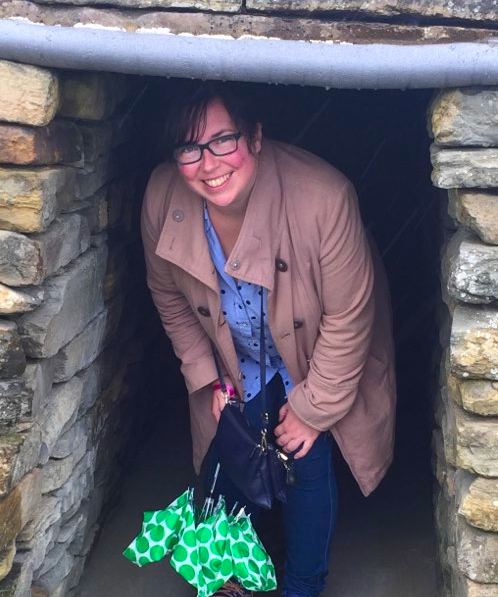taste of science NYC invites you to a seasonally appropriate evening of phantasmagoric talks about perceiving things that may or may not be there! Come learn about the neuroscience behind popular illusions and stage magic, and why paranormal investigators maintain a healthy sense of doubt in their work.
Doors open 7pm, Event begins 7:30pm
RSVP for FREE below!
This event is 21+
Susana Martinez-Conde and Stephen Macknik are award-winning neuroscientists and professors at the State University of New York. They are best known for their studies on perception, illusions, and attentional misdirection in stage magic. They produce the annual Best Illusion of the Year Contest, now in its 15th edition. They are regular contributors to Scientific American, and authors of the international bestseller Sleights of Mind: What the Neuroscience of Magic Reveals About Our Everyday Deceptions. Their latest book, Champions of Illusion: The Science Behind Mind-Boggling Images and Mystifying Brain Puzzles, was longlisted for the AAAS/Subaru SB&F Prize for Excellence in Science Books.
Susana and Stephen will be holding a book sale/signing during the event!
Neuromagic!
Illusions are perceptual experiences that do not match the physical reality. Our perception of the outside world is generated indirectly by brain mechanisms, so all sensory perception is illusory to some extent. The study of illusions is critical to understanding the basic brain mechanisms of sensory perception, as well as to cure various neural diseases. The illusion community includes visual scientists, ophthalmologists, neurologists, painters, sculptors, mathematicians, graphic designers, and even magicians—each use a variety of methods to unveil the underpinnings of illusory perception. Magic tricks were cognitive illusions that fool us because humans have hardwired processes of attention and awareness that are hackable—a good magician uses your mind's own intrinsic properties against you in a form of mental jujitsu. The insights that magicians have gained over centuries of informal experimentation have led to new discoveries in the cognitive sciences, and they also reveal how our brains work in everyday situations. If you've ever bought an expensive item you'd sworn you'd never buy, the salesperson was probably a master at creating the "illusion of choice," a core technique of magic. The implications of "neuromagic" go beyond illuminating our behavior; early research points to new approaches for everything from the diagnosis of autism to marketing techniques and education.
Michele Hanks, PhD, is a cultural anthropologist interested in people’s spiritual experiences in the cultural context of science and secularism. She teaches writing in the Expository Writing Program at New York University.
Seeing but Not Believing: The Role of Doubt in Understanding the Paranormal
What does it mean to see a ghost, but not to believe in ghosts? To accumulate evidence of ghosts, but to never be fully convinced that they are real? To be possessed by a spirit, but remain uncertain that possession is possible? For English paranormal investigators-- self-fashioned experts who aim to balance scientistic and spiritual perspectives in hopes of proving or disproving the existence of ghosts from an objective perspective-- these experiences of doubt are commonplace. Why do paranormal investigators, people who dedicate their free time to amassing experiences with and evidence of ghosts, profoundly doubt ghosts existence? In this talk, I draw on long-term ethnographic research with English paranormal investigators to understand what creates and sustains their doubt and how that doubt successfully contributes to attempt to understand the paranormal.


